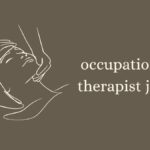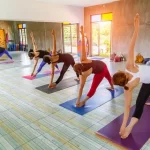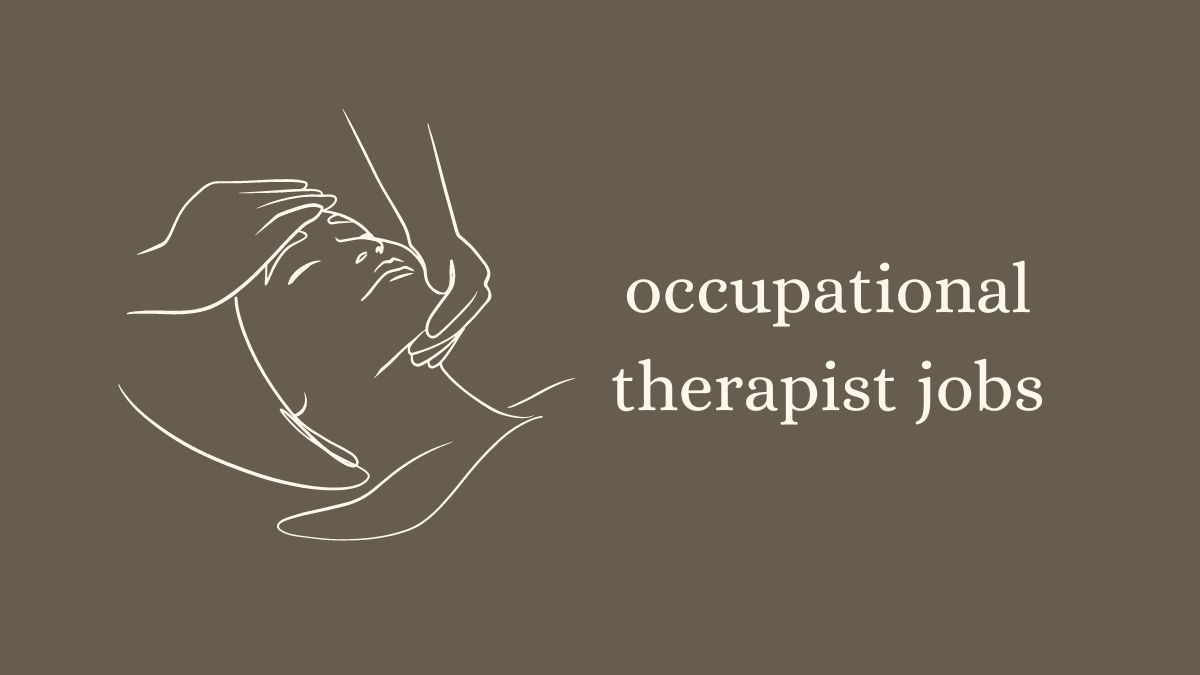Tension, or stress, is an inevitable part of life, but its impact on our well-being can be managed effectively with the right strategies. In this article, we’ll explore practical and achievable methods on how to reduce stress and promote a healthier, more relaxed lifestyle.
Understanding Tension
Tension, whether positive or negative, plays a significant role in our daily lives. Positive tension can drive motivation, while negative tension can lead to stress and anxiety. It’s essential to recognize the type of tension we’re experiencing and learn how to not stress or cope with stress accordingly.
Identifying Triggers
To effectively reduce tension, or relieve stress and anxiety, it’s crucial to identify the triggers that contribute to stress. These triggers vary from person to person and can include work pressures, relationship issues, or even environmental factors. By pinpointing these triggers, individuals can take proactive steps to manage them.
Healthy Lifestyle Habits
A well-balanced diet and regular exercise, like yoga, are fundamental in reducing tension. The foods we consume and the physical activity we engage in directly impact our mental and physical well-being. Making conscious choices in these areas contributes significantly to stress reduction.
Mindfulness and Relaxation Techniques
Incorporating mindfulness practices and relaxation techniques into daily routines can calm the mind and alleviate tension. Deep breathing exercises, meditation, and other mindfulness activities are powerful tools in promoting mental clarity and emotional stability.
Time Management Strategies
Effective time management is a key component of tension reduction or stress relievers. Organizing daily schedules, setting priorities, and allocating time for breaks can prevent the build-up of stress. By managing time efficiently, individuals create a more balanced and fulfilling life.
Social Support Networks
Maintaining strong social connections is essential for emotional well-being. Sharing concerns and seeking support from friends, family, or even therapy can provide a valuable outlet for tension. Open communication and a supportive network contribute to a healthier mindset.
Hobbies and Leisure Activities
Engaging in hobbies and leisure activities, known as stress relief activities, is a pleasurable way to reduce tension. Whether it’s reading, gardening, or pursuing artistic endeavors, these activities offer a break from daily stressors and contribute to a more relaxed state of mind.
Positive Thinking and Affirmations
Cultivating a positive mindset is a powerful tool against tension. Positive thinking and the practice of affirmations can reshape thought patterns, leading to a more optimistic outlook on life. Incorporating these practices into daily routines promotes mental resilience and helps on how to destress.
Disconnecting from Technology
In the digital age, constant connectivity can contribute to heightened tension. Creating designated times to disconnect from technology fosters mental relaxation. Establishing digital-free spaces, especially before bedtime, promotes better sleep and overall well-being, and is a great way on how to get rid of stress.
Seeking Professional Help
Recognizing when tension turns into overwhelming anxiety is crucial. Seeking professional help, such as therapy, is a valuable way on how to relieve anxiety and provides support along with coping strategies. This professional guidance can be instrumental in navigating challenging periods and developing long-term resilience.
Incorporating Laughter into Life
Laughter is a natural stress-reliever. Incorporating humor into daily life, whether through comedy, social interactions, or entertainment, is one of the best stress relievers that helps release tension and improves mood. Finding joy in simple moments contributes to overall mental health.
Creating a Relaxation Space
Designing a personal relaxation space at home or work is one of the essential self-care activities for mental well-being. This space, free from distractions, serves as a retreat for moments of quiet reflection and rejuvenation. It contributes to a sense of peace and tranquility.
Progressive Muscle Relaxation
Progressive muscle relaxation is a technique that involves tensing and then releasing different muscle groups to promote relaxation. This method, similar to a massage, is a powerful stress reliever that helps release physical tension and can be practiced regularly for ongoing stress management.
Conclusion
Reducing tension is a holistic process that involves addressing various aspects of our lives. By understanding tension, identifying triggers, and implementing practical strategies such as mindfulness, time management, and social support, individuals can discover ways to reduce stress, relieve it, and cultivate a more relaxed and fulfilling lifestyle. These are some of the ways to relieve stress and manage pressure, which can help reduce anxiety and alleviate stress, making it easier to ease anxiety.
Frequently Asked Questions (FAQs)
- Q: How long does it take to see the effects of tension reduction strategies?
- A: The timeline varies for each individual, but consistent practice of these strategies often leads to noticeable improvements within a few weeks.
- Q: Can tension reduction techniques be used preventively, even if someone doesn’t currently feel stressed?
- A: Absolutely! Incorporating these techniques into daily life can act preventively, helping individuals build resilience and maintain overall well-being.
- Q: Are professional help and therapy necessary for everyone trying to reduce tension?
- A: Not necessarily. Many individuals find success with self-help strategies, but seeking professional help can be beneficial for those dealing with persistent or severe tension.
- Q: How can laughter contribute to tension reduction?
- A: Laughter triggers the release of endorphins, the body’s natural feel-good chemicals, promoting an overall sense of well-being and temporarily relieving pain.
- Q: Is progressive muscle relaxation suitable for everyone, regardless of physical fitness level?
- A: Yes, progressive muscle relaxation is a gentle technique that can be adapted to suit various fitness levels and physical abilities.










